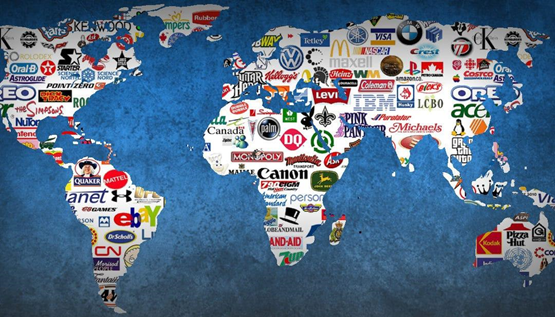Introduction:
In the interconnected global economy, (O Que São Empresas Transnacionais) the rise of transnational corporations (TNCs) has reshaped the landscape of international business. Transcending national borders, these corporations operate across multiple countries, exerting significant influence on global trade, investment, and economic development. This article explores the essence of transnational corporations, highlighting their pivotal role in the modern business environment.
Exploring Transnational Corporations:
1. Definition and Characteristics:
Transnational corporations, also known as multinational corporations (MNCs), are enterprises that conduct business operations in multiple countries simultaneously. They establish subsidiaries, branches, or affiliates in foreign markets to engage in production, distribution, and marketing activities.
2. Global Presence and Market Dominance:
TNCs wield substantial economic power, with operations spanning diverse industries such as technology, finance, manufacturing, and services. Companies like Apple, ExxonMobil, and Coca-Cola exemplify the global reach and market dominance of transnational corporations.
3. Cross-Border Investments and Expansions:
Transnational corporations leverage cross-border investments and expansions to capitalize on international markets’ opportunities and resources. They establish production facilities, distribution networks, and research centers in strategic locations to optimize efficiency and competitiveness.
4. Influence on Globalization and Trade:
TNCs play a central role in driving globalization by facilitating the flow of goods, services, capital, and technology across borders. Their participation in global trade networks contributes to economic integration, innovation diffusion, and cultural exchange on a global scale.
5. Socioeconomic Implications:
While transnational corporations generate significant economic benefits, they also raise concerns regarding labor practices, environmental sustainability, and social responsibility. The pursuit of profit maximization may sometimes conflict with ethical considerations and community interests.
Also read this" Empresas Que Apoiam Lula "
Conclusion:
(O Que São Empresas Transnacionais) Transnational corporations represent a cornerstone of the global economy, shaping international commerce, investment patterns, and geopolitical dynamics. Their ability to navigate diverse regulatory environments, cultural contexts, and market conditions underscores their adaptability and resilience in the face of global challenges.
Frequently Asked Questions (FAQs):
1. How do transnational corporations differ from domestic companies?
Transnational corporations operate in multiple countries and coordinate activities across diverse national jurisdictions, whereas domestic companies primarily focus on their home country’s market.
2. What motivates transnational corporations to expand internationally?
Transnational corporations expand internationally to access new markets, resources, talent pools, and growth opportunities. International expansion enables them to diversify risks and capitalize on economies of scale.
3. What role do transnational corporations play in shaping global supply chains?
Transnational corporations often serve as key drivers of global supply chains, orchestrating production, sourcing, and distribution activities across multiple countries to optimize efficiency and mitigate risks.
4. How do transnational corporations impact host countries’ economies?
Transnational corporations can stimulate economic development in host countries by creating employment opportunities, fostering technological transfer, and attracting foreign direct investment. However, their operations may also pose challenges related to income inequality, environmental degradation, and dependence on foreign capital.
5. What regulatory frameworks govern transnational corporations’ activities?
Transnational corporations are subject to a complex array of international, regional, and national regulations governing trade, investment, labor standards, environmental protection, and corporate governance. Compliance with these regulations varies depending on the jurisdictions in which they operate.
